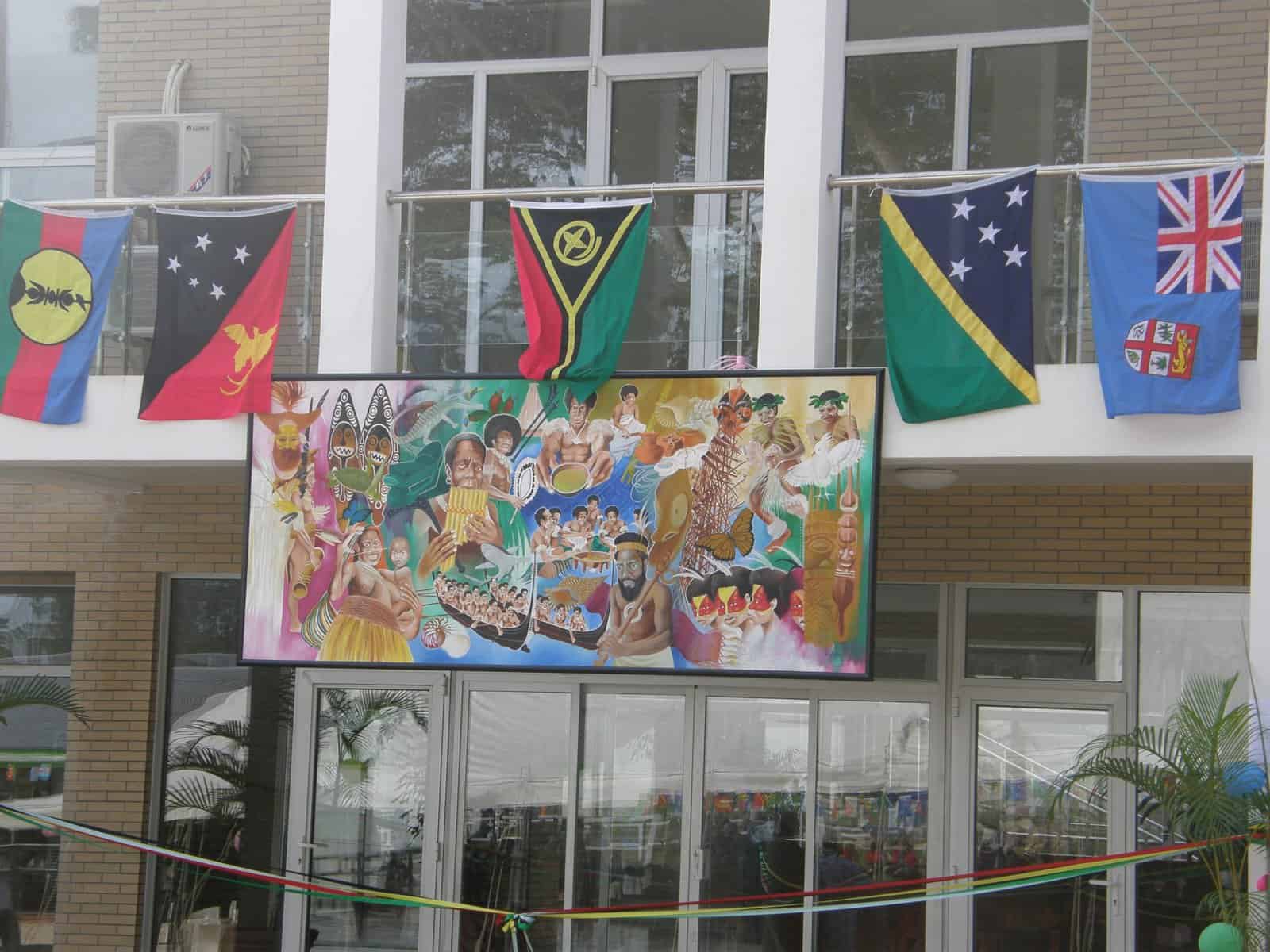“In terms of the broad Melanesian Spearhead Group family, my intention is to re-institute the spirit of ‘can do’ that characterised the MSG when it was first formed in the 1980s.”
That’s Leonard Louma, the new Director General of the Melanesian Spearhead Group (MSG) Secretariat in Port Vila.
Appointed in February, the veteran PNG official and diplomat has years of experience in regional affairs. Born in PNG’s Milne Bay Province, Louma has served in an array of senior positions in the PNG Foreign Affairs Department and Office of the . . .
Please Subscribe to view full content...

One Comment “Indonesia’s MSG bid on back burner: PM Marape”
Comments are closed.